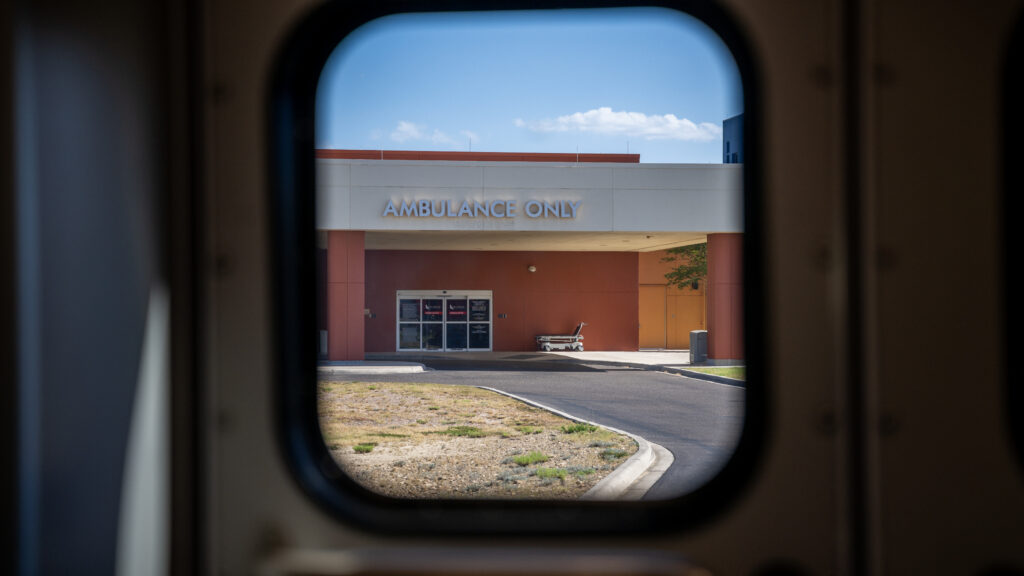As a first-generation immigrant, much of my childhood was spent in a state of perpetual uncertainty. My family and I fixated on an ever-refreshing screen, patiently watching our status shift from “H-1B visa” to “green card” holder to “citizen” over 14 long years. Yet amid this endless cycle of anxiety, one place surprisingly gave me solace: the hospital. As a long-time patient of Texas Children’s Hospital, I saw early on how health care stood apart — a field untouched by the grasp of immigration status, a space where humanity held precedence over nationality.
Beginning Nov. 1, 2024, however, hospitals across Texas are required to ask each patient the question: “Are you a U.S. citizen?” This new mandate directs hospitals to gather data on the costs of inpatient and emergency care for patients without legal status. Though patients are not obligated to respond, the act of posing the question alone carries immense weight. It turns a place of refuge into a checkpoint. For immigrants, this question plants seeds of mistrust, casting doubt over the intentions behind every health care interaction: Will we truly receive the care we need, or does the quality of that care depend on having the right papers?
advertisement
As I plan to start my medical school journey in Texas, my dual perspective — as a former immigrant and a future physician — places me in a complicated middle ground. Next year, I will recite the Hippocratic Oath, a sacred promise to “do no harm.” But in a world where hospitals are forced to inquire about citizenship, what am I actually promising? It feels as though I am vowing to do no harm only if the patient can prove their lawful place in this country. The trust at the core of the patient-provider relationship fractures under the weight of that stipulation.
Trust in the health care system has already been steadily eroding, a decline sharply accelerated by the pandemic. For many immigrants — especially those who are undocumented or hold a precarious status — a visit to the hospital demands immense courage. They are less likely than citizens to seek health care and emergency services.
The justification for the law is to identify how much money is spent on the care of undocumented immigrants. But that pretext is shaky. Immigrants — regardless of their status — tend to have lower per capita health care expenditures compared to the U.S.-born citizens. In fact, research indicates that they often subsidize U.S health care by paying more in taxes and premiums, funding services that benefit U.S.-born citizens more than themselves. Furthermore, the Texas hospitals spent a staggering $3.1 billion last year on uninsured patients, the majority of whom are legal U.S. residents. That means the policy fails to address the true drivers of health care expenses.
advertisement
This new policy does more than ask a question — it puts forth a border. As fear of being reported, deported, or profiled grows, help-seeking behaviors will further diminish, forcing immigrants to make an impossible choice: sacrifice their health or risk their future.
Texas is already among the states with the poorest health outcomes. It has the highest number of uninsured residents in the nation. It holds the unfortunate distinction of having the seventh worst health care system overall, plagued by serious gaps in access, affordability, and quality of care. The state is ranked second worst for women’s health, with limited access to reproductive services, high maternal mortality rates, and widespread health disparities that particularly affect women of color. Transitional care for youth in the LGBTQ+ community also faces intense regulation, creating additional barriers for those seeking gender-affirming health care. Now, with the new policy requiring hospitals to inquire about patients’ citizenship status, Texas is adding immigrants to the list of communities for whom seeking medical care is fraught with fear. In a state already grappling with severe health care disparities, this policy risks worsening health outcomes further by driving vulnerable populations away from the very services they need.
In my life, I’ve experienced both sides of this equation — as the child whose tomorrow was not guaranteed, and as the future physician committed to providing care without judgment. I know we owe our patients assurance instead of suspicion. But, now, I must ask myself: How will I look each patient in the eye and promise them that their care will be no less, regardless of their answer?
I am not alone in facing these dilemmas. Physicians and other health care professionals are leaving Texas. The number of medical school graduates applying to Texas residency programs across all specialties has been decreasing for the past two years. And I have heard fellow pre-med students withdrawing their applications entirely from Texas medical schools, even though these schools have some of the lowest tuition rates in the country. The state is witnessing a steady exodus of its healers — past, present, and future. Yet, for all the reasons that force others to leave, I feel drawn to stay. In this state, which gave me a second place to call home for over a decade, I am determined to keep advocating for patients and ensuring the promise of care remains strong where it’s most needed.
advertisement
Akshara Ramasamy is a fourth-year undergraduate at the University of Texas at Austin with plans to attend medical school in Texas.

